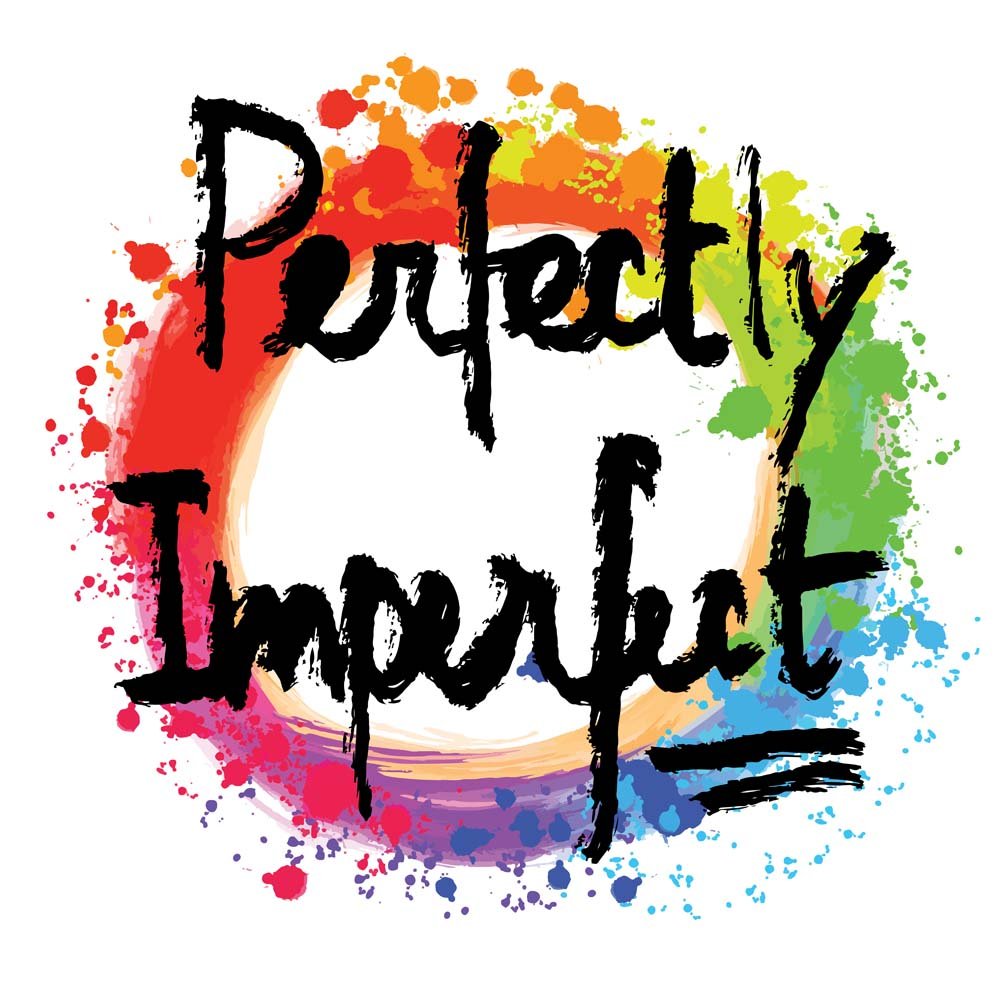We Are All Perfectly Imperfect: Embracing Our True Selves
Muniba Mazari’s quote, “We all are Perfectly Imperfect,” is a reminder that our flaws and imperfections are not something to hide or be ashamed of—they are an essential part of who we are. In a world that often demands perfection, this message is a breath of fresh air. It encourages us to accept ourselves fully, flaws and all, and to recognize that our imperfections are what make us unique.

The Myth of Perfection
Society often promotes the idea that perfection is attainable—whether it’s through flawless looks, a successful career, or a mistake-free life. However, chasing perfection is not only exhausting but also unrealistic. Perfection, in its idealized form, simply doesn’t exist. What does exist is our authentic self, complete with strengths, weaknesses, and the experiences that shape us.
Muniba Mazari’s Journey: Finding Strength in Imperfection
Muniba Mazari’s life story is a powerful testament to this idea. After a devastating car accident left her paralyzed, she faced unimaginable physical and emotional challenges. Yet, rather than being defeated by her circumstances, she embraced her new reality and found strength in her vulnerability. She transformed her life into one of purpose, becoming a symbol of resilience and inspiration for millions.
Mazari’s message teaches us that our imperfections do not diminish our worth. Instead, they are opportunities to grow, evolve, and inspire others. Her journey illustrates how embracing imperfections can lead to empowerment, self-acceptance, and true inner strength.

Perfectly Imperfect: The Path to Authenticity
Being “perfectly imperfect” doesn’t mean settling for less or abandoning personal growth. Instead, it means recognizing that flaws are part of the human experience. Perfection is not the absence of mistakes, but the ability to learn from them and grow. By embracing this mindset, we free ourselves from the constant pressure of self-criticism and the unrealistic standards imposed by society.
Accepting imperfection allows us to live more authentically. It frees us from the fear of judgment and comparison, and enables us to appreciate ourselves for who we truly are. This self-acceptance cultivates greater compassion not only for ourselves but also for others, as we recognize that everyone is on their own imperfect journey.
Celebrating Our Perfect Imperfections
In the end, our imperfections are what make us human. They give us character, resilience, and the ability to connect with others on a deeper level. Instead of hiding our flaws or wishing them away, we should celebrate them as part of what makes us unique.
So, ask yourself: What are the imperfections you’ve been struggling with? How can you begin to see them not as limitations but as strengths? When we embrace our “perfect imperfections,” we open the door to living a more joyful, authentic, and fulfilled life—just as Muniba Mazari has shown the world.

No responses yet